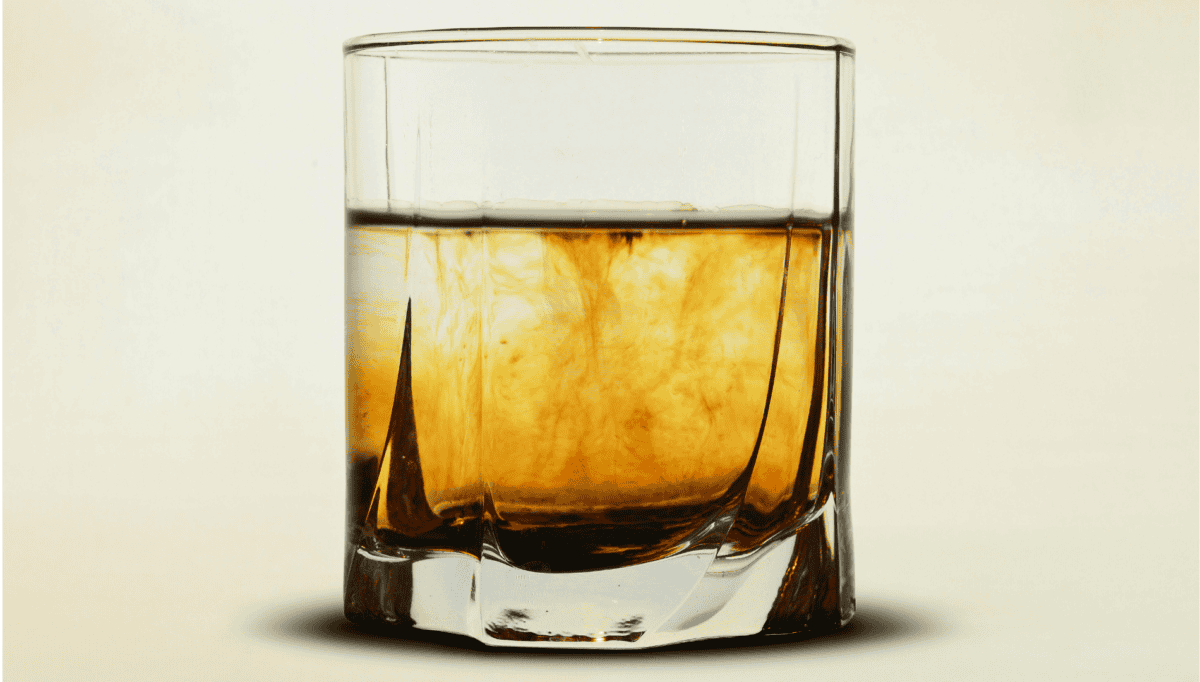Alcohol consumption is often associated with social settings, celebrations, and relaxation. Despite its popularity, understanding its effects on the body, including the ears, remains critical. While the impacts on the liver and brain are well-known, the ears can also experience changes.
Alcohol enters the bloodstream quickly, impacting various parts of the body, including the brain. The ears, particularly the vestibular system, which controls an individual’s balance, can be affected. The inner ear plays an important role in maintaining equilibrium, so when alcohol reaches this area, it can disrupt normal function.
A common experience after consuming alcohol is dizziness. The spinning sensation, often called vertigo, is linked to the effects of alcohol on the inner ear. Alcohol changes the density of the fluid in the semicircular canals. Consequently, balance is disrupted, leading to that familiar dizzy feeling.
Temporary Hearing Impairment
Another potential effect of alcohol on one’s hearing is temporary impairment. During drinking, sounds may seem muffled, and the ability to discern speech decreases. Alcohol can affect the central auditory cortex in the brain, which is vital for processing sound. As a result, understanding conversations in noisy environments becomes more challenging.
It is also possible for alcohol to decrease the brain’s ability to filter out background noise. This impairment makes it harder to focus on specific sounds. Although these effects are temporary, repeated incidents could potentially lead to more long-term issues.
Tinnitus and Alcohol
Tinnitus, a condition characterized by ringing or buzzing in the ears, may worsen with alcohol consumption. The link between alcohol and tinnitus isn’t entirely understood. However, alcohol may influence the condition by increasing one’s blood pressure or affecting balance.
Some individuals report that their tinnitus symptoms appear more pronounced after drinking. Managing one’s alcohol intake might help in reducing the severity of tinnitus for those affected.
Prevention and Healthy Hearing Habits
Awareness is the first step towards protecting one’s ear health. Occasional moderate drinking is less likely to result in long-lasting ear issues. However, staying within recommended limits and observing the body’s responses are key.
Consider the following tips for better ear health protection:
- Stay Hydrated: Alcohol can lead to dehydration, which might worsen symptoms like dizziness. Drinking water alongside alcoholic drinks can help.
- Protect Against Loud Noise: Drinking in loud environments can compound hearing difficulties. It’s wise to limit time in such settings.
- Regular Hearing Check-Ups: Just as with eyesight, regular hearing health evaluations are beneficial. Early detection of any issues can lead to better outcomes.
Conclusion
Understanding how alcohol affects the ears is vital for maintaining your overall health. Both short-term and long-term effects should be considered when enjoying alcoholic beverages. Remember, moderation and mindfulness play significant roles in ensuring that the ears—and the body—stay healthy. With informed choices, celebrating with alcohol can remain a part of your life without compromising your hearing health.

